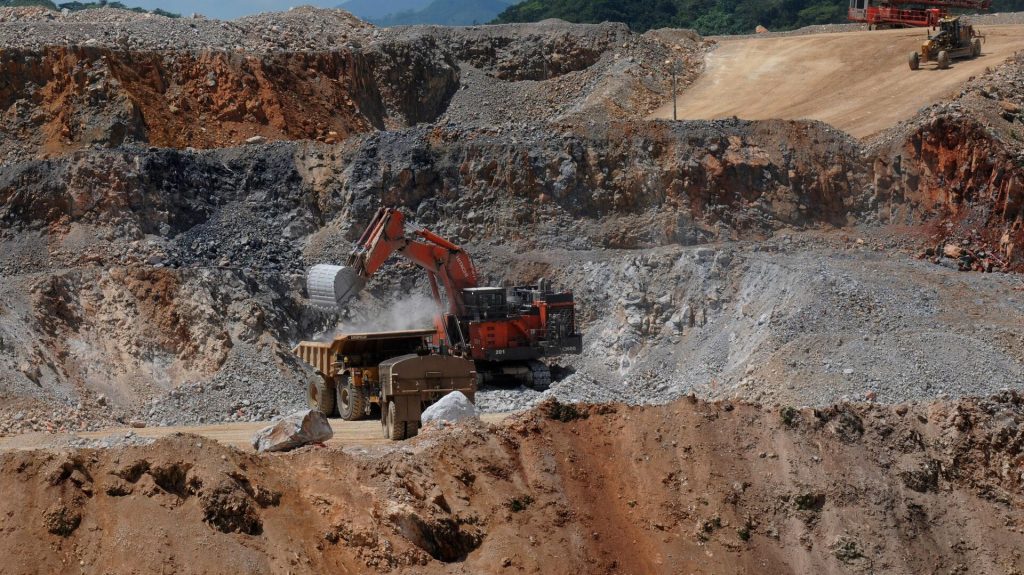Four employees of Barrick Gold, a Canadian mining company co-owner of one of the world’s largest gold mining complexes, were detained in Mali earlier this week, sources revealed on Saturday.
The arrests come at a time of growing friction between Mali’s ruling junta and foreign mining corporations operating in the country.
Mali, a vast West African nation under military rule since a coup in 2020, continues to face jihadist violence and a range of other crises. Despite being one of Africa’s top gold producers, Mali remains one of the world’s poorest nations. The junta has committed to securing a fairer distribution of the country’s mining profits.
According to reports, judicial source confirmed the arrest of the four Canadian employees but declined to disclose their identities, positions, or the reasons for their detention.
Another anonymous source close to Barrick Gold indicated that a high bail had been set for the release of the employees, but did not provide further details.
Barrick Gold owns 80% of two companies that control the Loulo-Gounkoto gold mining complex in western Mali, near the Senegalese border, while the Malian state holds the remaining 20%.
In August 2023, Mali introduced a new mining code, granting the state the right to claim up to a 30% stake in new mining projects. The reform also abolished tax exemptions previously granted to companies during the exploitation phase.
Barrick Gold, a major foreign player in Mali’s mining sector, acknowledged tensions with the government in July, though it did not elaborate on the specific issues.
“We continue to work constructively towards a global resolution of our differences and finding common ground on the key issue of sharing the economic benefits of our operations,” Barrick’s president and CEO, Mark Bristow, stated during a visit to Mali in July.
Bristow noted that Barrick had invested over $10 billion in the Malian economy and that its mines contributed between five and 10 percent of the country’s GDP.
The increasing pressure on foreign mining companies coincides with Mali’s shift toward closer ties with Russia, part of a broader trend in West Africa, where France once held colonial influence.

